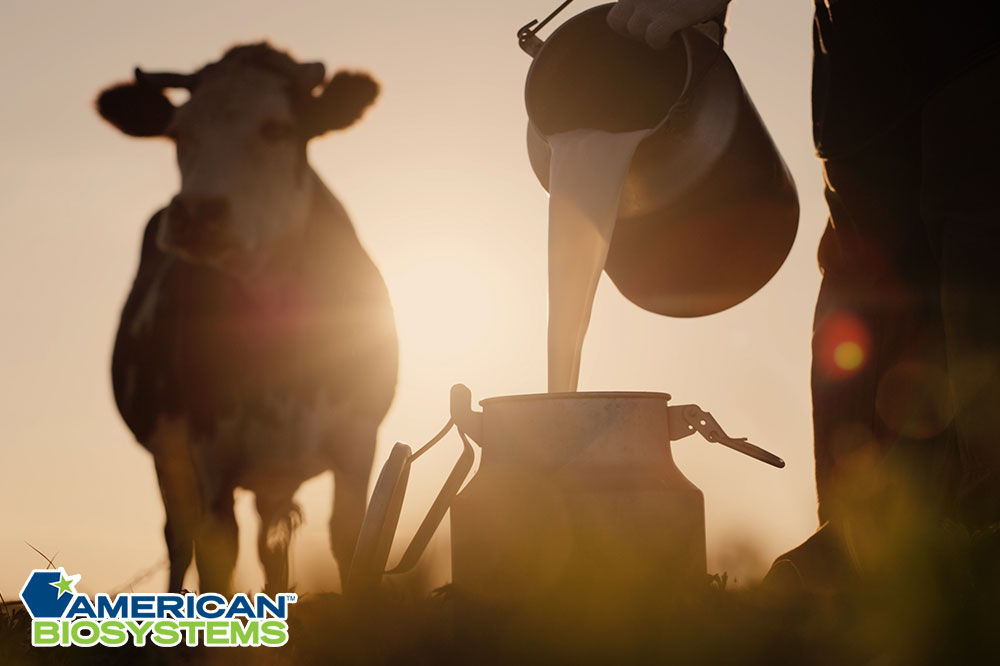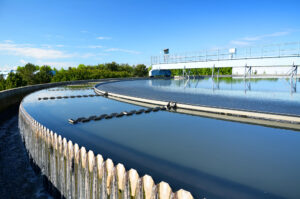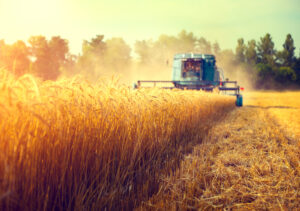Agricultural producers consistently search for ways to help cows produce more milk. Nature thwarts them, typically with extreme heat. Probiotics can help cows produce more milk and they do so naturally without side effects.
So, how do probiotics help cows? Where can you get these helpful substances? Let’s find out in this blog from American Biosystems.
Probiotics and Cow Milk Production
Just as humans eat probiotics, cows can, too. The results differ quite a bit, but in both cases, they improve the health of the individual consuming it. With respect to cows, academic research has shown that probiotic consumption in cows produces the following five benefits.
1. Maintaining Better Gut Microflora Homeostasis
Supplementing a cow’s diet with probiotics helps the bovine maintain gut microflora homeostasis, the balance between good and bad bacteria in the stomach. In plain English, the cow’s stomach and intestines work better, which improves the feed conversion efficiency. Essentially, the cow enjoys more good bacteria in its stomach and intestines, so they convert its food to energy in a more efficient manner.
2. Increased Meat and Milk Production
Better gut microflora homeostasis produces another positive result. It increases milk and meat production. Cows make more milk by regularly consuming probiotics. Probiotics like COMBO also help the animal gain more healthy weight. Rather than adding to fat production, the probiotics encourage the cattle’s body to develop more meat.
3. Reduces Levels of Stress-related Markers
While you can’t interview a cow about its stress, scientists can measure certain substances in the body that develop when the body undergoes stress, such as cortisol. According to a 2016 academic study, cattle that regularly consumed probiotics as a regular part of their diet experienced reduced levels of stress-related markers, including cortisol. Although we can’t ask the cows, this points to stress reduction in the bovines.
4. Heartier Reactions to Extreme Weather
Most areas of cattle ranching also experience extreme weather, such as droughts and heat waves. Scientists have studied the way that probiotics affect cows’ resilience during heat waves. Consuming regular probiotics improves cows’ milk production during extreme weather. Cows produce more milk, regardless of conditions, such as heat waves. In a study conducted by the Virginia Polytechnic Institute and State University on 50 herds of Virginia cattle, researchers found that even in extreme heat conditions, a cow consuming probiotics regularly in its diet would make more milk than other cows. The heat event reduced milk production in cows that didn’t receive probiotics, but the probiotics-consuming cows actually increased their production above normal despite the heat.
5. Improves the Quality of Milk
In addition to making more milk, cows consuming probiotic products with their feed benefitted from them by making better quality milk. The cattle’s milk evidences an improvement in milk fat, protein, and lactose yield. Probiotics also help reduce the somatic cell count (SCC) present in milk. Veterinarians use SCC as a measurement of the health of the cow’s immune system. A lower SCC indicates fewer white blood cells in the cow’s udders, and therefore in its milk. A cow’s body creates SCC to fight stress and the body also stimulates SCC production when it has to fight off disease. According to veterinarians, a cow that produces less SCC does so because it feels less stressed.
About American Biosystem’s COMBO
American Biosystem’s direct-fed microbial product COMBO supplies yeasts that provides cattle with a source of essential amino acids derived from cellular protein, minerals, vitamins, and other nutritional sources. This highly digestible cellular yeast protein contains essential amino acids for domestic animals. The yeasts in COMBO also provide a source of B vitamins plus the mineral’s potassium and phosphorous. Your cattle also obtain calcium, sulfur, and magnesium from consuming COMBO. The essential amino acids, vitamins, and minerals found in yeast make a valuable contribution to the nutritional level of feed. Offer your cows better health by feeding them probiotics. Contact us for more information!





